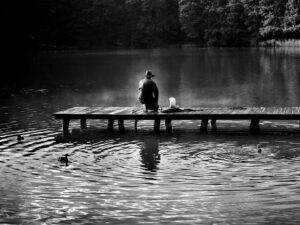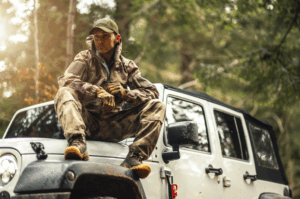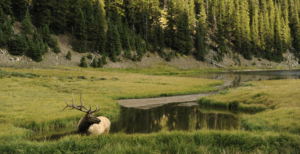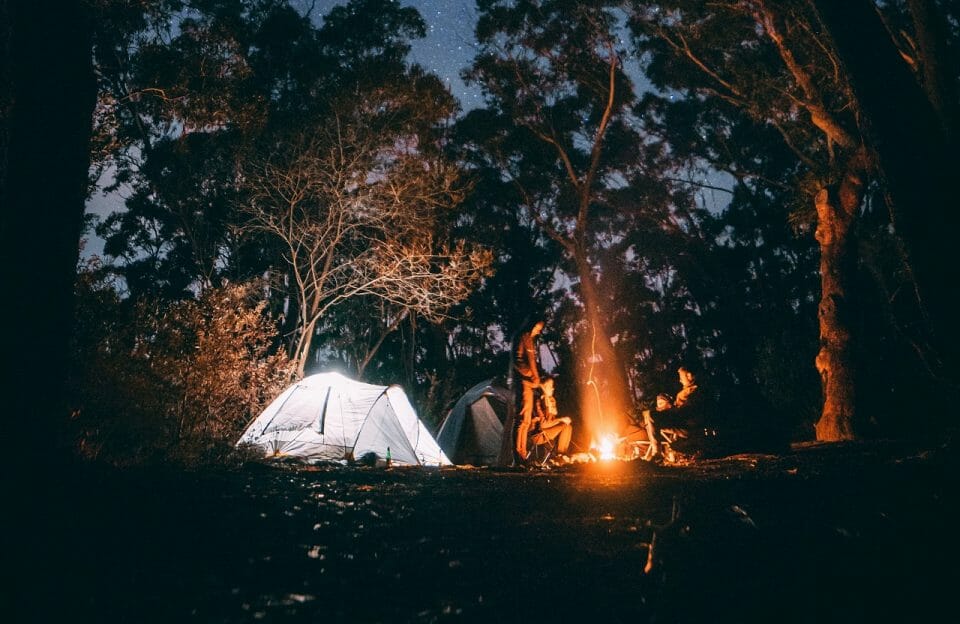
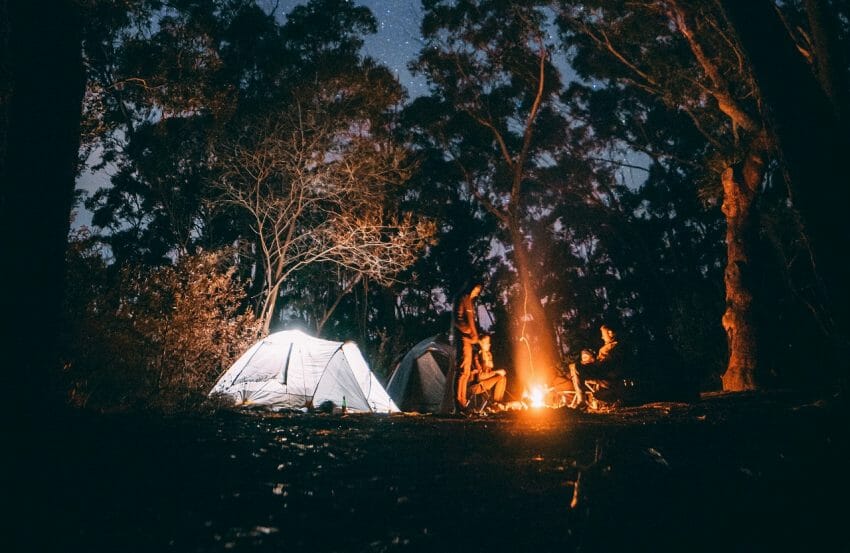
The crackle of the campfire, the endless blanket of stars, the closeness of nature – it’s easy to see why so many of us feel happiest when we’re heading into the wilderness with just our camping gear on our backs and a passion for the great outdoors in our hearts.
Camping is a glorious pastime that has captivating generations, and whether you’re choosing to head off into the woods alone, going with a group of friends, or hoping to bond with your children, you must always keep safety in mind.
Camping comes with many dangers, whether you’re struggling with extreme weather in the wilderness or the registered campsite you’re visiting falls short in terms of fire safety – click here for more information on personal injury and premises liability – it’s safe to say that all campers need to have their wits about them regardless of where they set up their tent.
So, with this in mind, I’ve gathered some simple camping safety tips all outdoor adventurers should follow.
Be wary of plants and berries
Are you trained in identifying berries, mushrooms or plants? If not, you should leave the foraging to the experts. Never eat anything growing in the wild unless you are trained or experienced, as doing so could result in severe health issues and in some extreme cases, death. It’s always a good idea to make yourself familiar with toxic or poisonous flora so you can avoid them altogether whilst in the great outdoors.
Always weather watch
Even if you’ve checked the weather forecast several times before your trip, you should continue to monitor the weather throughout your camping experience. The weather can change suddenly, and if you’re unprepared you could find yourself in serious danger. Avoid camping too close to bodies of water, especially if rainy weather is predicted. Know what to do if a lightning storm hits whilst you’re hiking. And be mindful of the symptoms of hypothermia. Always ensure you have clean, dry clothes spare and additional blankets. Even in summer hypothermia is a possibility.
Bonus tip: On hot days, ensure you have plenty of water and sun protection to avoid heatstroke and sunburn.
Know how to be safe around a campfire
Setting up your own campfire is what it’s all about. But your fire should be respected or you have to deal with fire protection companies. It’s dangerous and can cause a huge amount of damage and risk to life if something goes wrong. Make sure you know how to build a campfire safely, and how to prevent it from spreading. Know the signs of a fire that’s becoming out of control and how to extinguish it correctly. Always set up a campfire a safe distance from your tent and be mindful of carbon monoxide poisoning risks.
And finally, respect the wildlife
Research the kind of wildlife you’re likely to encounter on your camping trip. Foxes, insects, and even bears could pose a risk to your enjoyment and your safety. Never leave your food leftovers around as they could attract wild animals to your camp. Always take your rubbish with you. And if you see a wild animal such as a bear, keep your distance and remain calm.

